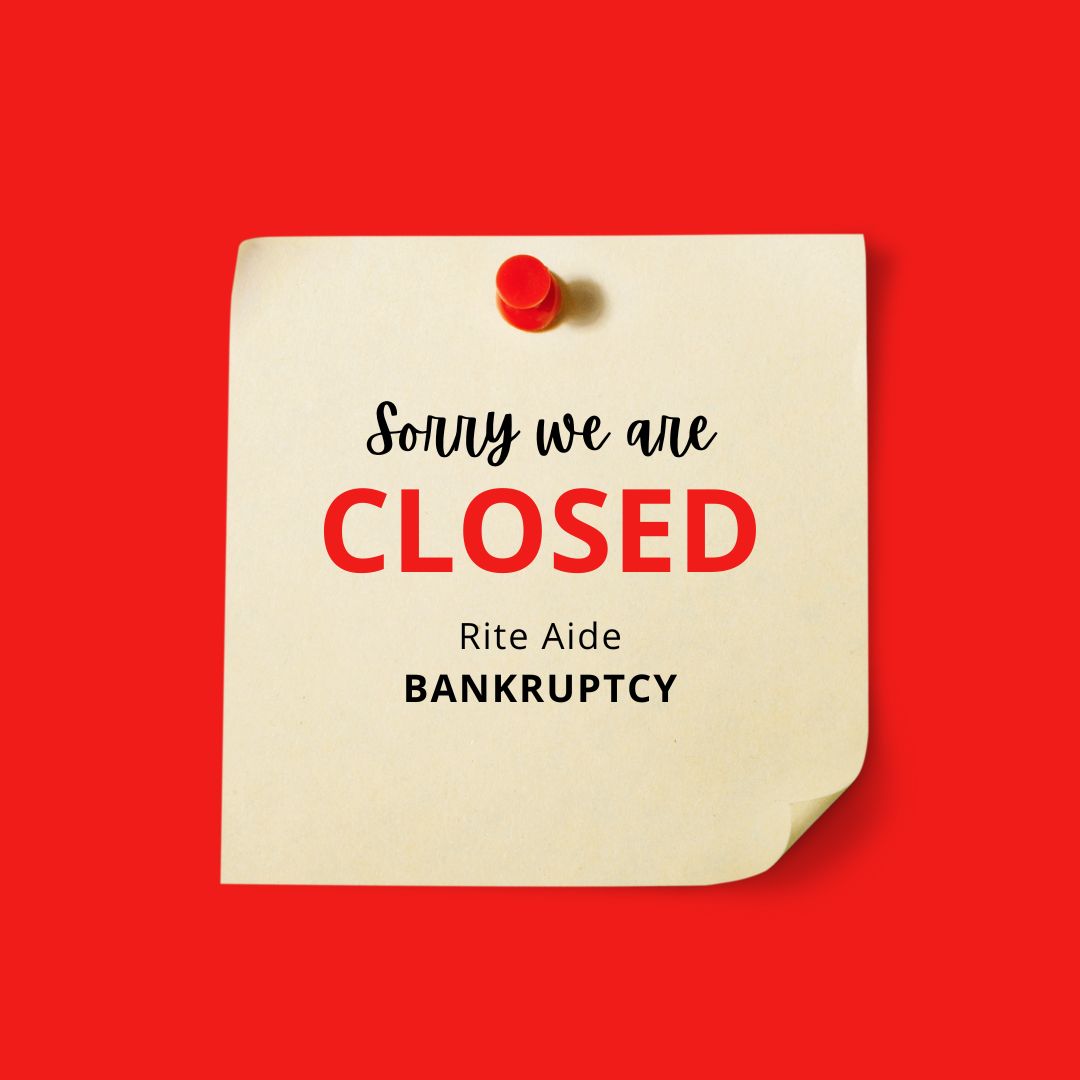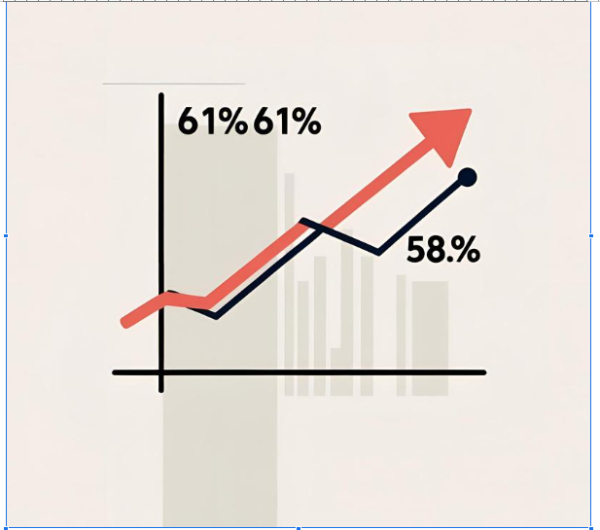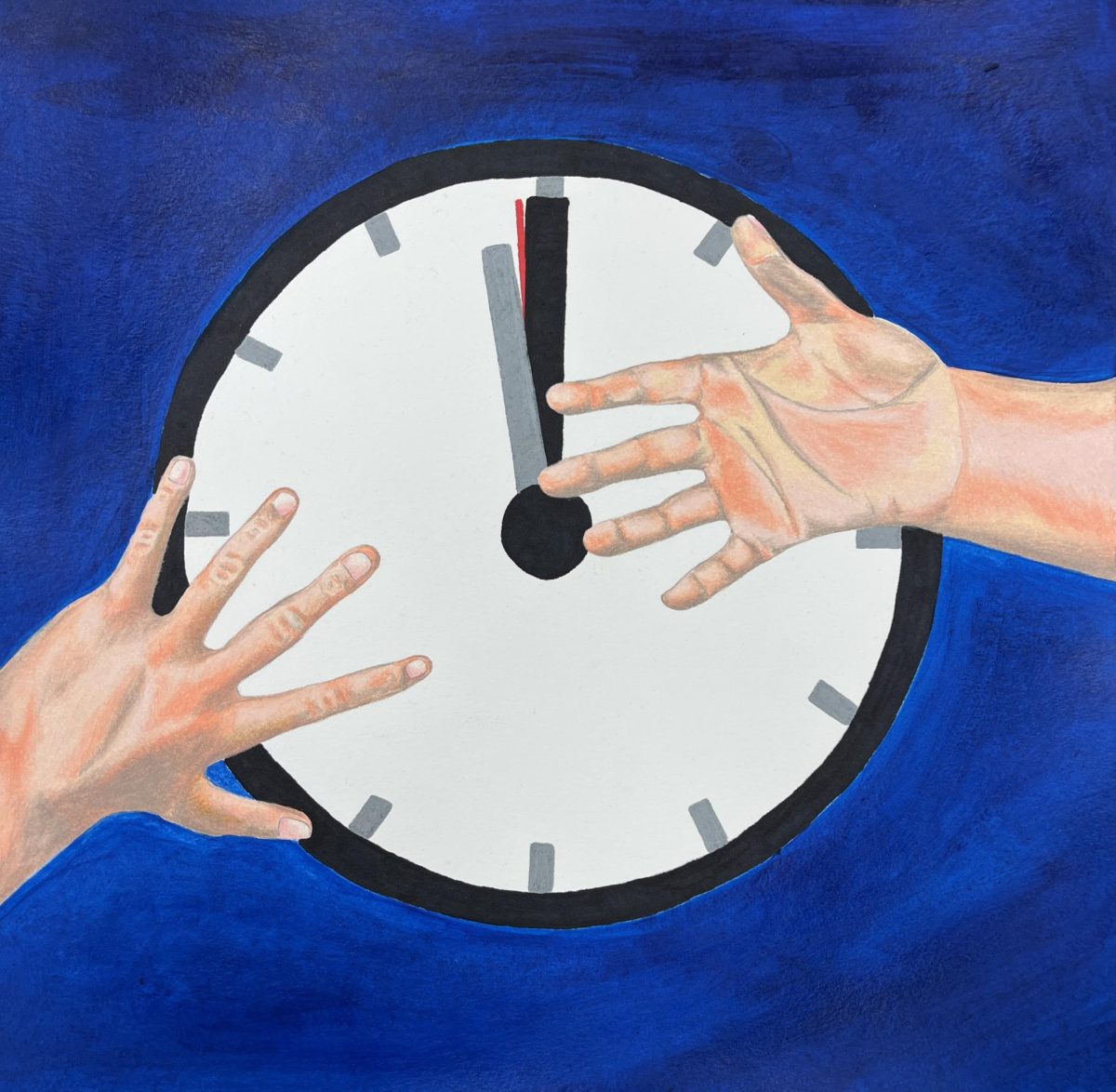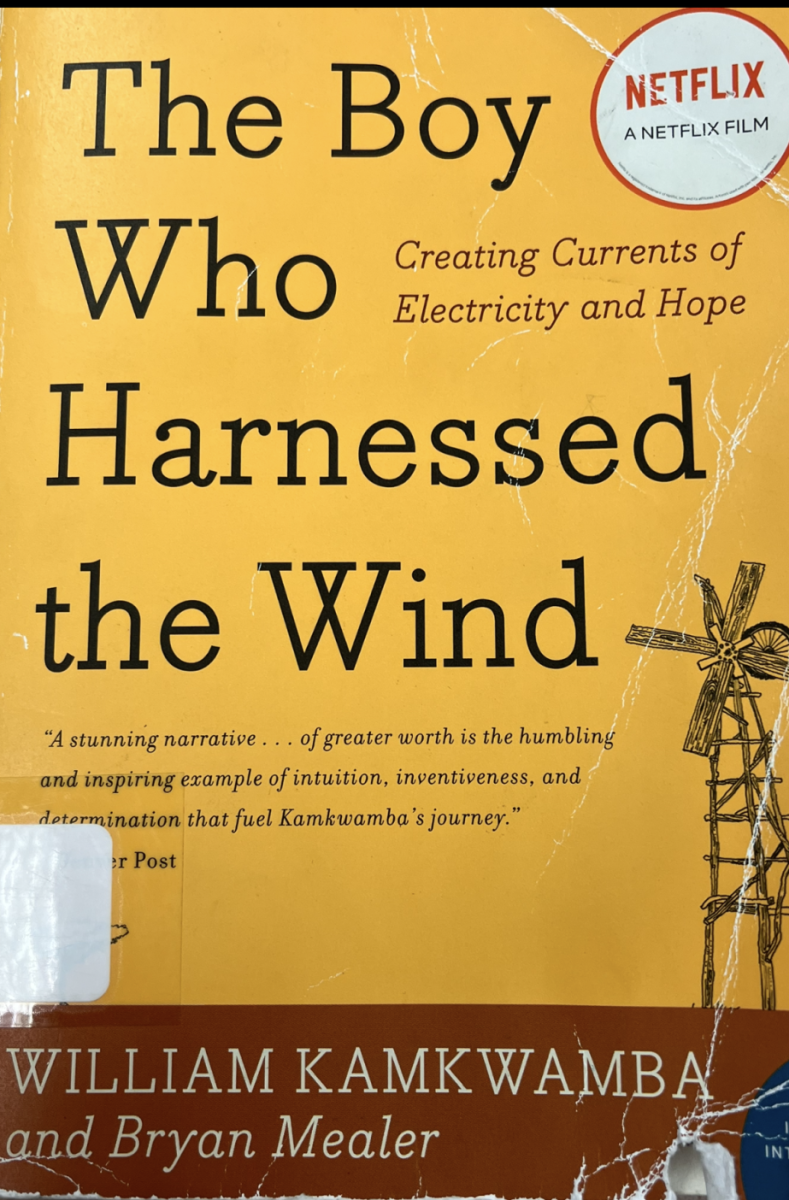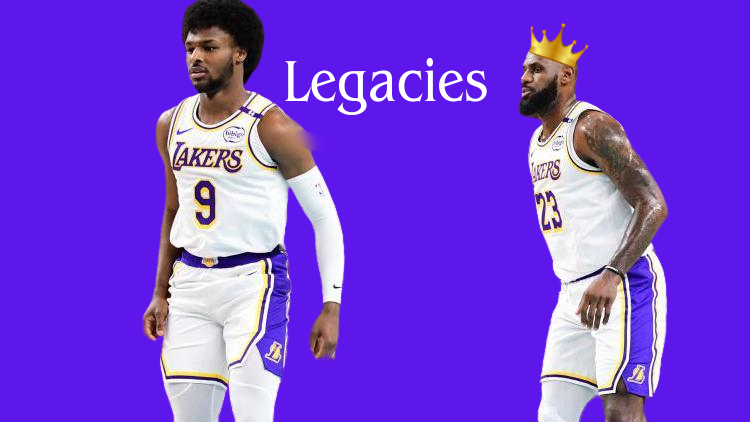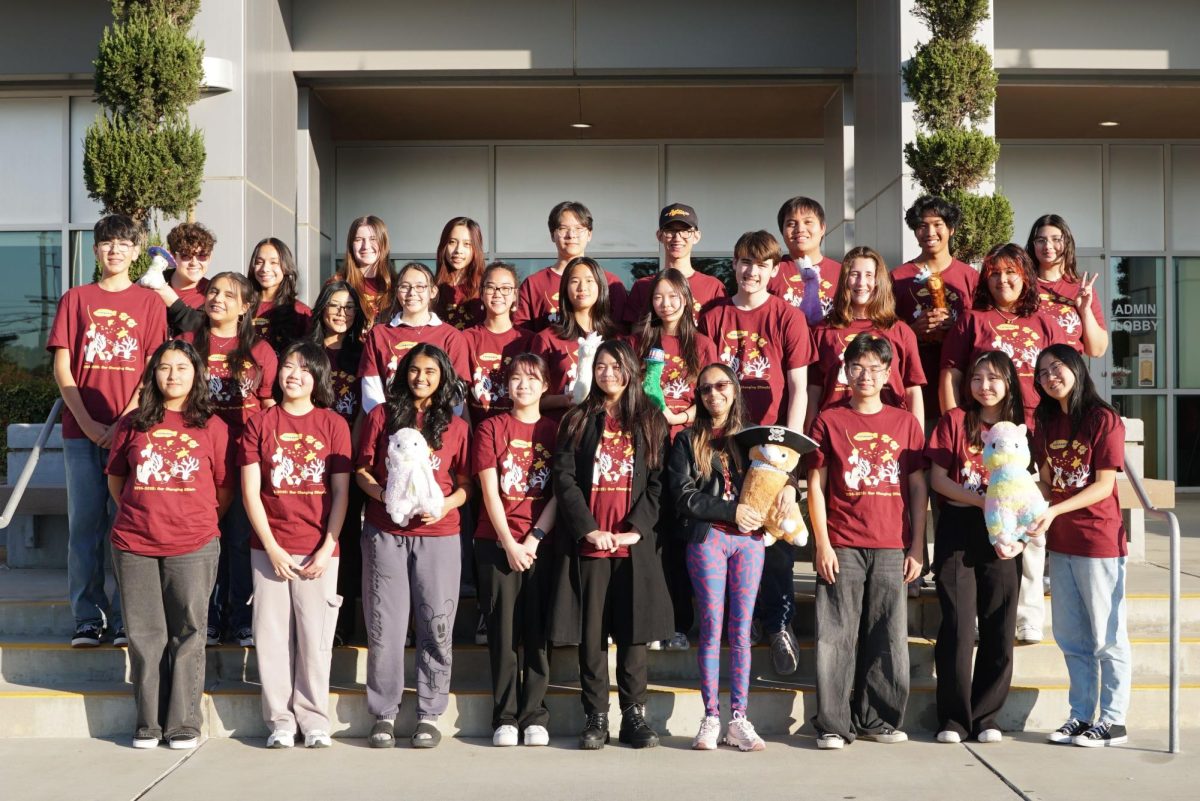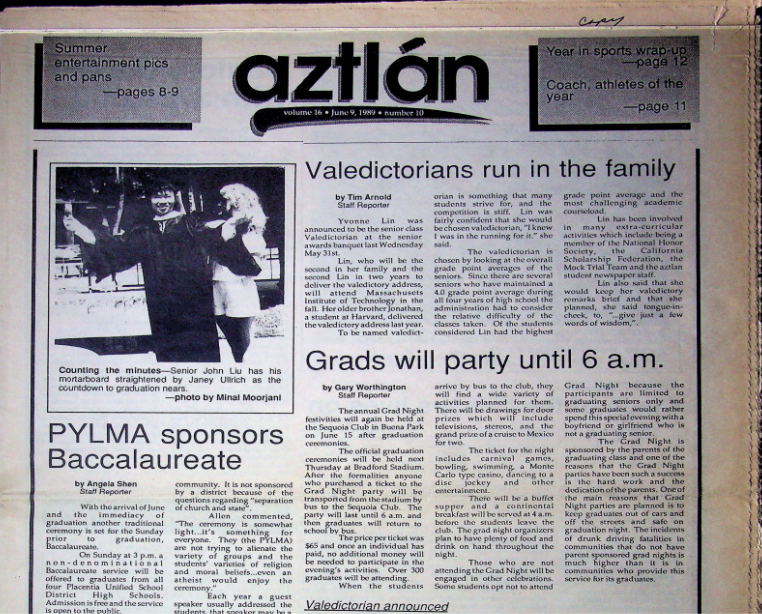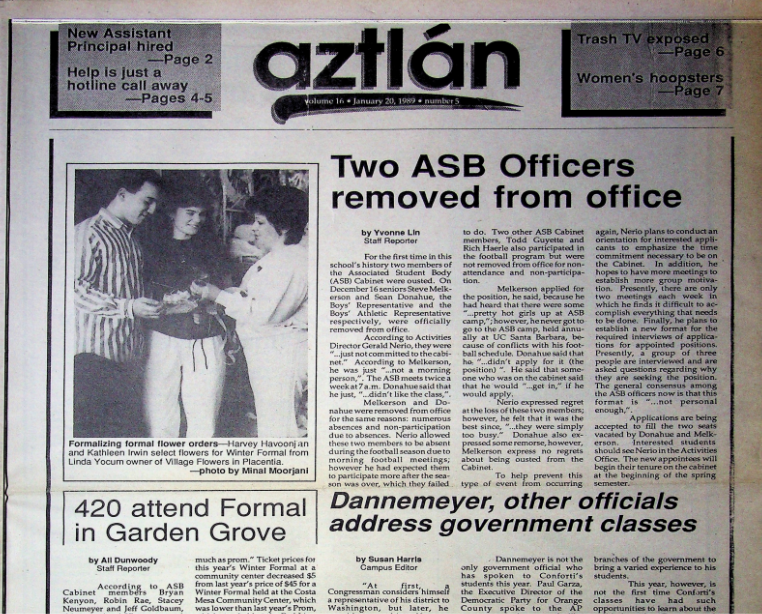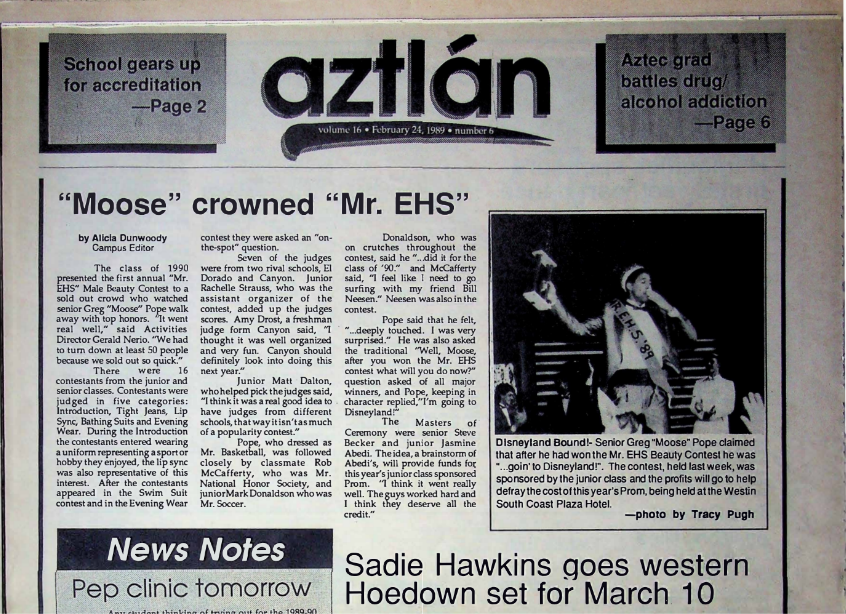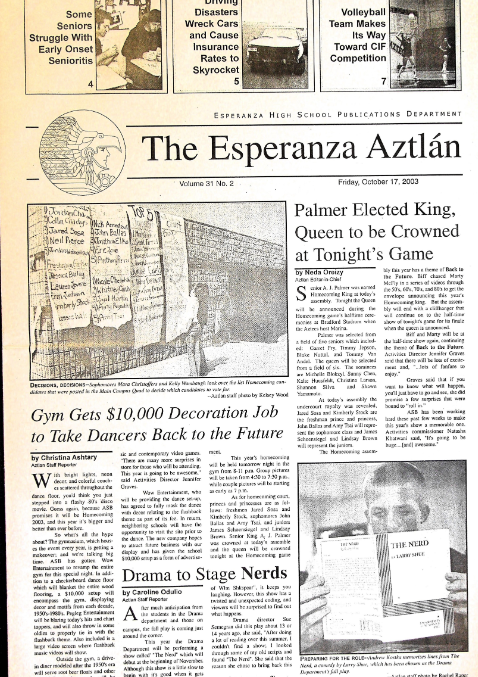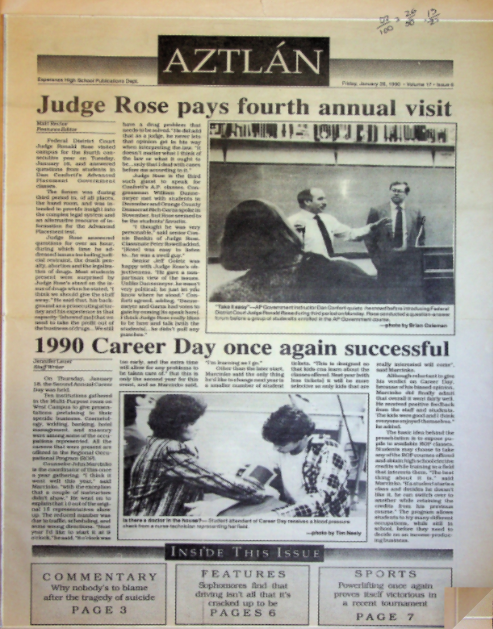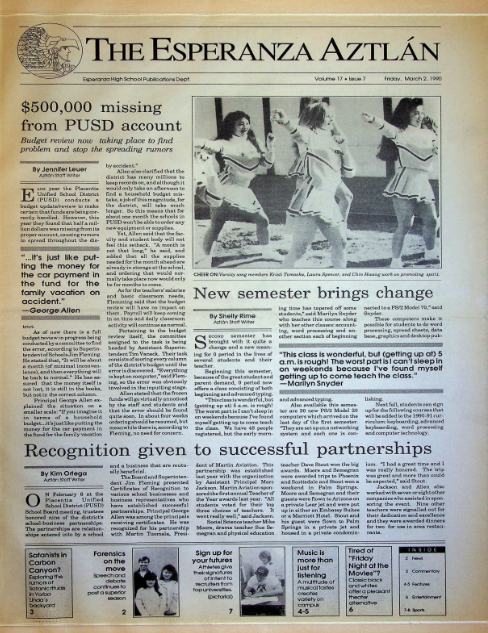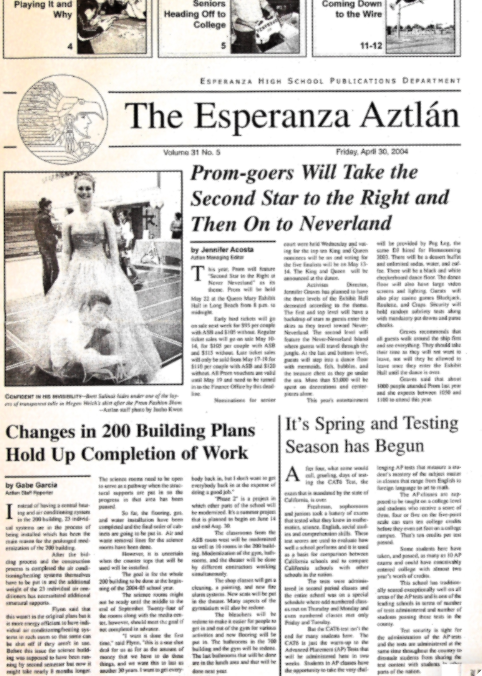Technology Negatively Impacts Teenage Dating
December 28, 2021
Screens may cause more harm than parents may think… With the continual improvements of technology, people gain easier access to a variety of information. Snapchat, Instagram, Tik Tok, and Facebook are a few of the main platforms that teenagers use on a daily basis. Snapchat allows access to location (if one chooses public on the Snap Maps feature), the ability to see if your friends are active on the app, and live pictures that can be sent within seconds after capturing. Instagram and Facebook create a portfolio collage of pictures which allow others to make inferences upon who a person really is. Additionally, direct messages can be sent and show “seen” when the receiver has read it. Tik Tok includes videos of people who seem to have the perfect complexion or life. These features can be both harmful and dangerous to pre-adults. A study done by the National Survey of Children’s Health showed that “the rate of young people diagnosed with anxiety disorders between the ages of six and 17 increased by 20 percent between the years 2007 and 2012” (Newport Academy). One might ask, how are teens going to open up and date when the individual anxiety levels of teens have sky-rocketed in the past couple years? When it comes to dating, another study from Child Development journals discovered that “18-year-olds today are less likely to have dated than 15-year-olds in the 1990s” (Katlyn G). These anxiety disorders are commonly tied to technology’s influence, and have proved to show that more screen time leads to less teenage dating.
Technology over the years has increasingly lowered levels of trust. It only takes a couple of seconds to send a message, photo, or make a post. One may be chatting about someone without them knowing, or spending days without responding to a message. This can cause anxiety as one doesn’t know what is happening behind another’s screen. Katlyn G, contributor to Oxford, recently mentioned, “From my personal experiences, technology will and can ruin relationships, a family member of mine was cheated on and found out by her snapchat using the snap maps.” When someone is left on delivered for multiple days, it is known as “ghosting.” Ghosting has increased the lack of trust between individuals as they can make inferences about why the other person is not responding. Perhaps they are messaging other ‘more important’ people or have more important things to do. This action of waiting to reply leaves people anxious, doubtful, and upset. After all, communication plays a key role in relationships, and technology greatly increases the fear of many.
In addition to the lack of trust developed through little to no responses, common apps have also shown to increase the fears of rejection, defeating self worth. Every youth deserves the right to feel accepted in their contributions to society. Many photos on Instagram and Facebook have been altered or edited in order to create the perfect image. Social media leads to judgement solely based on outer appearance instead of inner beauty. Youth especially start to lower their self worth. Furthermore, this lack of self importance leads to worries about rejection and not being accepted in the dating world. It is easier online to reject someone by typing a simple ‘no’ or not replying at all than it is to turn someone down face to face. Once someone is let down through a digital app, they may fear that their chances of dating are very little to none. A study connected to online dating and how it impacts mental health states that, “the pain of rejection floods your brain anytime a similar situation happens and this will lead to remembering the pain intensely” (Gajura Constantin). People will remember the times that they put themselves out there online and were turned down. This lowers self esteem and can lead to a person isolating themselves from the dating world. When compared to online dating, in-person dating has shown to have higher numbers of success. With face-to-face interactions, people learn how to better communicate. Throughout dating, people find cute ways to put a smile on someone else’s face, increasing self importance. After all, actions do indeed speak louder than words. Online, words can be read aloud with faulty connotations or incorrect meaning. This can cause feelings of frustration, confusion, and sorrow. It is easy to swipe left if someone doesn’t appear to be what one is looking for. Constantin continues to add, “When you are addicted to the online dating platform, you keep asking yourself if there could be anyone better than the current match that you are chatting with.” Online, people are always searching for more as they are eager to find that perfect match they have always dreamed about. It is important to note that all qualities of a person may not be adequately portrayed through an app. Communication appears to be less dense or meaningful, leading to diminished self worth.
The online apps can cause many harmful and self damaging effects, leading to a decreased percentage of dating. If someone doesn’t feel confident enough in themselves, they may turn to an app where they don’t have to show their faults. The truth is, youth shouldn’t have to feel defeated or alone due to their imperfections. Dating allows people to grow and accept others despite their flaws. If everyone was perfect, how boring life would be! More consideration should be given to each individual. People have feelings behind the screen, just as they do in person. Throughout dating, people learn to improve themselves. Although technology allows easier and quicker access to others lives, it also grants people the ability to quickly delete or make rash snarky remarks. It is harmful for teenagers as they are changing, developing, and growing. Perhaps parents should think deeper about how much time their children are spending in front of their screen, and the detrimental effects this will have on a lasting relationship.



